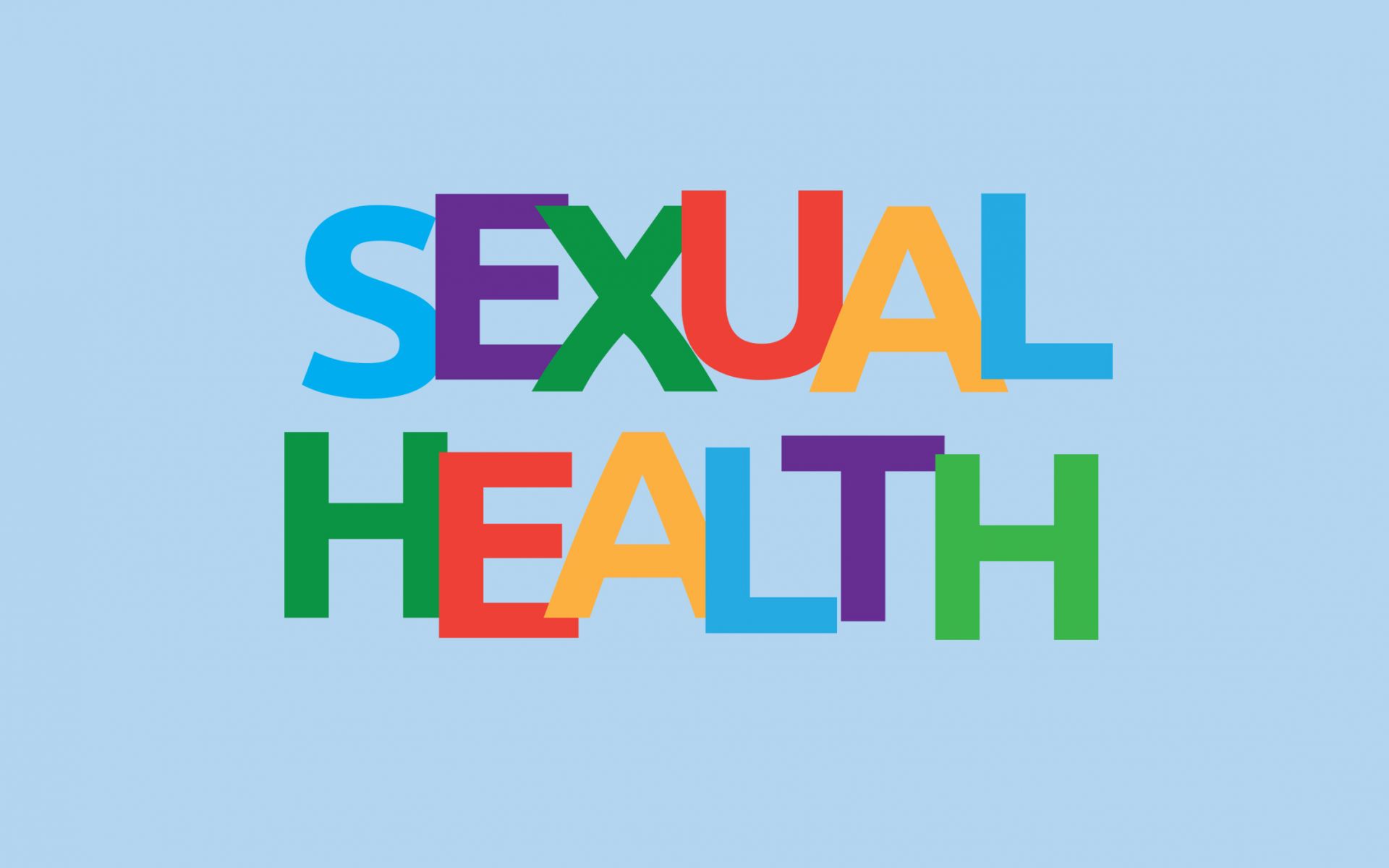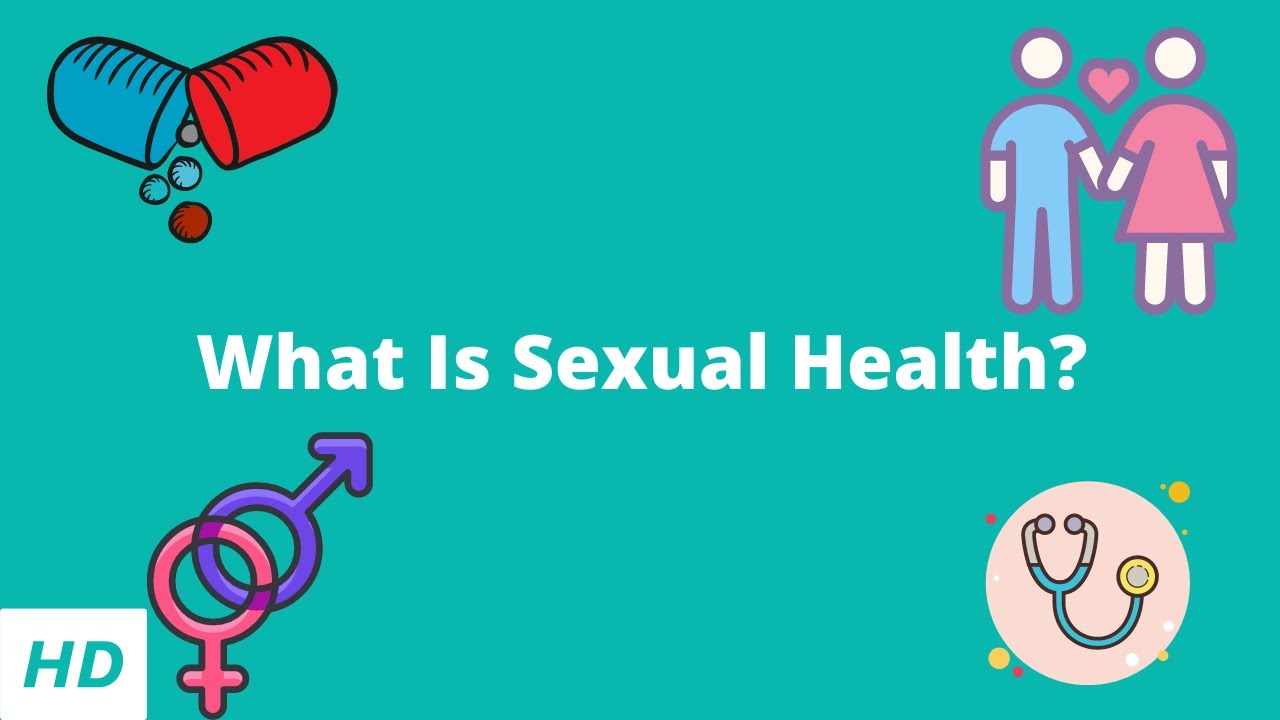Sexual Health - The Relationship Between Muscular Dystrophy And Sexual Health
The World Health Organization defines sexual health as: "a state of sexually-related physical, mental, and social well-being." It requires a positive and respectful approach to sexuality and sexual relationships, as well as safe sexual experiences free of coercion, discrimination, and violence.
Author:Suleman ShahReviewer:Han JuMay 30, 202314.7K Shares870.4K Views

The World HealthOrganization defines sexual healthas: "a state of sexually-related physical, mental, and social well-being."
It requires a positive and respectful approach to sexualityand sexual relationships, as well as safe sexual experiences free of coercion, discrimination, and violence.
This definition states that sexual health should be viewed broadly, with an important role for each person's right to good sexual health.
Sexual wellbeing is a crucial component of sexual health and is influenced by both the intensity of sexual activity and one's physical and mental well-being.
The definition of good sexual health, the right to good sexual health, and the relationship between sexual health and general health raise the question of how health professionals enable good sexual health for people with severe chronic diseaseslike muscular dystrophy.
A group of hereditary muscular diseases known as muscular dystrophy cause progressive muscular weakness.
The incidence of muscular dystrophy varies across the globe, but as an illustration, Western Europe has a prevalence of one in 3500 newborn males.
Some muscular dystrophies are congenital, and their prognosis is frequently worse than that of other muscular dystrophies that manifest in adults.
There is no known cure for muscular dystrophy, despite research efforts.
Modern Medicine And Muscular Dystrophy
What modern medicine offers is no future predictor. Currently, most drugs slow inflammationand muscle degradation.
But scienceis developing new therapies for muscle growth. It may be new drugs, gene therapy, or stem cell therapy.
Huge strides are being made, and many of these conditions may improve any day. It is not to give a false hope; all this is realistic. Science cured many rare diseases.
Some people with MD may outlive medical predictions, including you or someone you know. Stephen Hawkins has ALS, a rare disease with a short lifeexpectancy.
Yes, most people with that condition only live 2 to 3 years on average. Stephen was a long-time survivor and became famous.
He was only 21 when diagnosed, so he wasn't rich or famous. Today, people with MD have better chances of a successful or beautiful life. You can either give up or fight.

What Is Sexual Health?
Success With MD
How do you thrive and live happily with MD? Well, it's simple: stay positive and motivated, fight the disease, learn from otherswith MD, socialize, and make love.
For psychological well-being, intimacy with another person is crucial. Technologyis also greatly assisting in this area.
Today, people with physical disabilities can find friends, socialize, and develop intimate relationships.
Social media, websites, clubs, and organizations can help you find the right person.
Realistic and necessary, yet so many people with MD live in pain and fail to develop social skills.
MD Misunderstandings
People With MD Don't Want Sex
Even close friends and family members shouldn't believe this. People misunderstand spinal trauma because they've read about it.
However, MD is very different disease condition. As the name of the disease suggests, it is dystrophy of skeletal muscles, not nerve dysfunction (though there are exceptions). The senses and involuntary functions are mostly intact.
Sex involves emotions, sensations, and involuntary muscles (especially in sex organs and blood vessels). Sensory problems are rare in MD. Yes, sex involves lots of voluntary movements too.
With practice, one can learn to overcome this limitation, as it is said, "When life hands you a lemon, make lemonade." Learn to use your existing abilities to the maximum. People with MD are interesting, energetic, and attractive to others.
People With MD Have A Gradual Loss Of Sexual Desire
As people age, they lose sexual power and interest, and those with MD are no exception.
The state of your general health, however, is greatly influenced by sex. It's physically demanding, but practice and choosing the right place and position can help.
Further, one may seek medical treatment for improved sexual functions; who says healthy people's drugs can't be used to improve sexual performance? Physical and sexual activity are key to a healthy intimate life.
Sex performance is tied to human psychology, so psychotherapy may help.
Repressing Romantic Feelings Prevents Disappointment
Without a doubt, it causes more harm than good. Because they fear that someone will be disappointed and hurt, family members frequently say things like that.
Take, for example, the numerous people who have succeeded in finding the ideal spouse.
Many people have been in fulfilling relationships for many years.
A person's family needs to be sympathetic and understanding of their sexual needs.

Disability And Sexuality
Sex Is Vital For Good Health And Overcoming Loneliness
The body suffers no physical consequences from abstinence. Furthermore, finding sexual relations is not always necessary to get over a feeling of loneliness.
Even though a large number of adults practice celibacy, their lives are successful and fulfilling.
Making good friends is one way to deal with loneliness. In the 21st century,the internet is a blessing in such cases.
An excellent and practical option for socializing and making friends is online networking sites.
Socializing is difficult for disabled people in the real world, but it is simpler for them in the virtual one.
Such relationships frequently progress beyond simple online friendships. You must therefore concentrate on what you do have rather than what you lack. Plan your life; no one is going to do it for you.
Create a social plan, make friends, and be positive; one of them may become a lifelong relationship. Take care of yourself, try to look your best.
Don't suppress your sexual feelings, but know that intimacy isn't just sexual.

People Also Ask
Does Muscular Dystrophy Affect Sexual Function?
Muscle weakness brought on by muscular dystrophy can cause a patient to suffer from chronic pain, fatigue, and decreased strength and energy, all of which can disrupt sexual activity.
Does Muscular Dystrophy Affect Testosterone?
Patients with myotonic dystrophy had significantly higher levels of gonadotropin and lower levels of testosterone than average, and these changes were progressive over time.
The disease control subjects also had lower testosterone levels than usual.
What Is The Life Expectancy Of A Male With Muscular Dystrophy?
It typically affects boys in early childhood and is one of the most severe forms; those who have it typically only live into their 20s or 30s.
Does Muscular Dystrophy Shorten Lifespan?
Those who have muscular dystrophy frequently have shorter life spans than average.
Nevertheless, this may change depending on the kind and extent of their muscular dystrophy.
The most prevalent type of muscular dystrophy is called Duchenne muscular dystrophy.
The life expectancy for this type is between the ages of 16 and the beginning of 20.
Conclusion
Additional study is required in order to accomplish the following goals regarding sexual health and muscular dystrophy:
- Investigate the kind of assistance that people with muscular dystrophy require from health care professionals in order to improve their sexual health.
- Investigate the ways in which people who have muscular dystrophy experience their sexual health and the significance of sexual health in their lives so that treatment can be improved for this population of patients.

Suleman Shah
Author
Suleman Shah is a researcher and freelance writer. As a researcher, he has worked with MNS University of Agriculture, Multan (Pakistan) and Texas A & M University (USA). He regularly writes science articles and blogs for science news website immersse.com and open access publishers OA Publishing London and Scientific Times. He loves to keep himself updated on scientific developments and convert these developments into everyday language to update the readers about the developments in the scientific era. His primary research focus is Plant sciences, and he contributed to this field by publishing his research in scientific journals and presenting his work at many Conferences.
Shah graduated from the University of Agriculture Faisalabad (Pakistan) and started his professional carrier with Jaffer Agro Services and later with the Agriculture Department of the Government of Pakistan. His research interest compelled and attracted him to proceed with his carrier in Plant sciences research. So, he started his Ph.D. in Soil Science at MNS University of Agriculture Multan (Pakistan). Later, he started working as a visiting scholar with Texas A&M University (USA).
Shah’s experience with big Open Excess publishers like Springers, Frontiers, MDPI, etc., testified to his belief in Open Access as a barrier-removing mechanism between researchers and the readers of their research. Shah believes that Open Access is revolutionizing the publication process and benefitting research in all fields.

Han Ju
Reviewer
Hello! I'm Han Ju, the heart behind World Wide Journals. My life is a unique tapestry woven from the threads of news, spirituality, and science, enriched by melodies from my guitar. Raised amidst tales of the ancient and the arcane, I developed a keen eye for the stories that truly matter. Through my work, I seek to bridge the seen with the unseen, marrying the rigor of science with the depth of spirituality.
Each article at World Wide Journals is a piece of this ongoing quest, blending analysis with personal reflection. Whether exploring quantum frontiers or strumming chords under the stars, my aim is to inspire and provoke thought, inviting you into a world where every discovery is a note in the grand symphony of existence.
Welcome aboard this journey of insight and exploration, where curiosity leads and music guides.
Latest Articles
Popular Articles